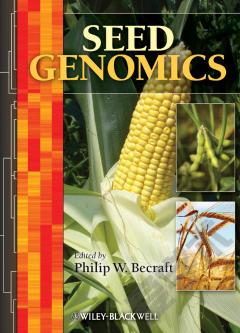Quasihomogeneous Distributions
This is a systematic exposition of the basics of the theory of quasihomogeneous (in particular, homogeneous) functions and distributions (generalized functions). A major theme is the method of taking quasihomogeneous averages. It serves as the central tool for the study of the solvability of quasihomogeneous multiplication equations and of quasihomogeneous partial differential equations with constant coefficients. Necessary and sufficient conditions for solvability are given. Several examples are treated in detail, among them the heat and the Schrödinger equation. The final chapter is devoted to quasihomogeneous wave front sets and their application to the description of singularities of quasihomogeneous distributions, in particular to quasihomogeneous fundamental solutions of the heat and of the Schrödinger equation.
{{comment.content}}








 京公网安备 11010802027623号
京公网安备 11010802027623号